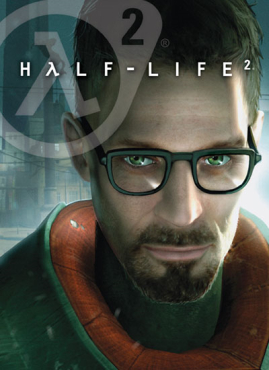Lists

1 Book
Sci-Fi Books
Sort by:
Recent Desc
More lists by Count



Animated Shows
List includes: Metalocalypse, The Venture Bros., Tripping the Rift
September 2023
0
@countdown77x



Best Movies
The best movies ever made.
June 2022
0
@countdown77x


Best Podcasts
My favourite podcasts
June 2022
0
@countdown77x



Best Games
List includes: Half-Life 2, Star Wars: Knights of the Old Republic, Fallout: New Vegas
June 2021
0
@countdown77x



Best TV
The Best TV shows
June 2021
0
@countdown77x


Anime
The only good anime
June 2021
0
@countdown77x